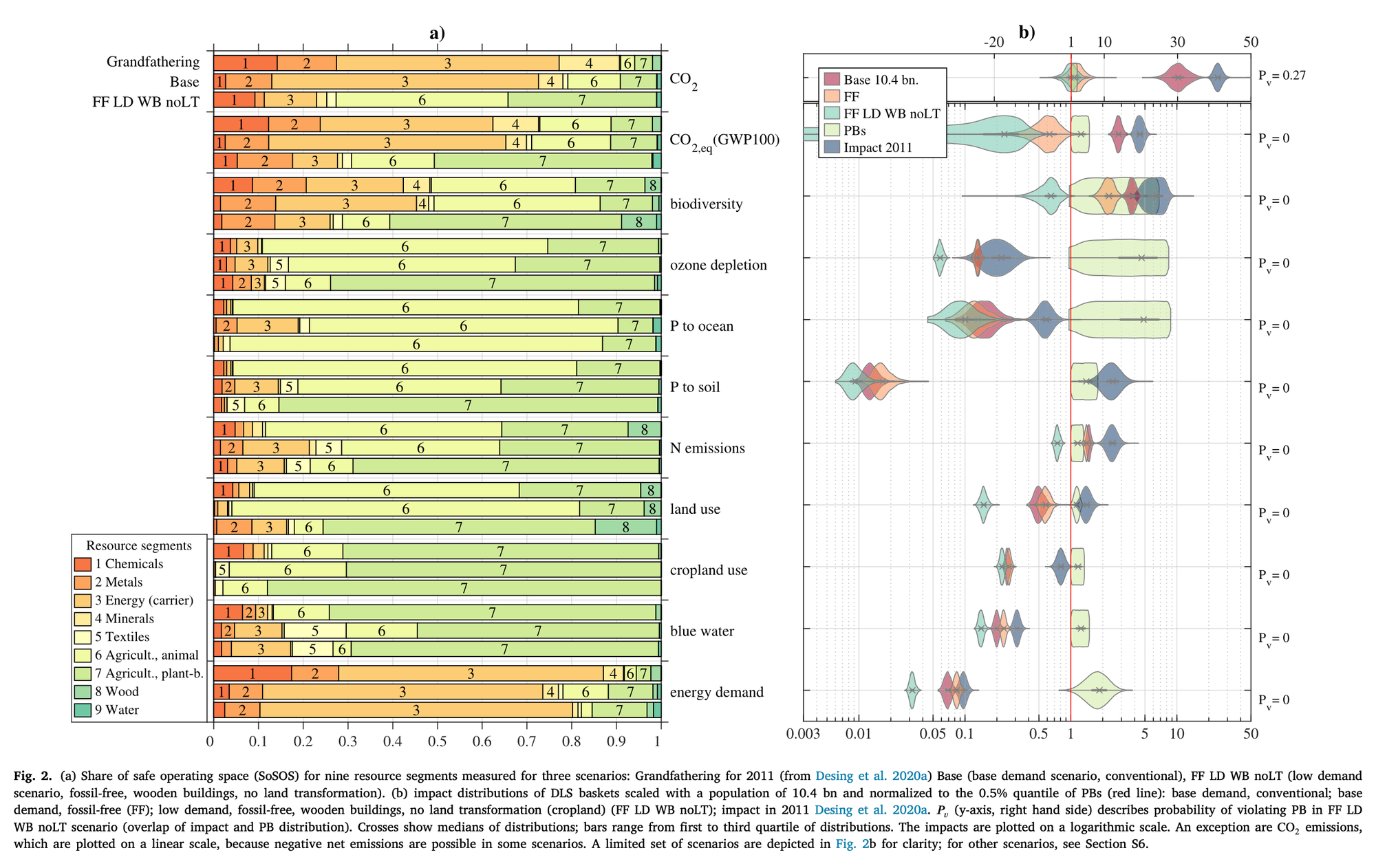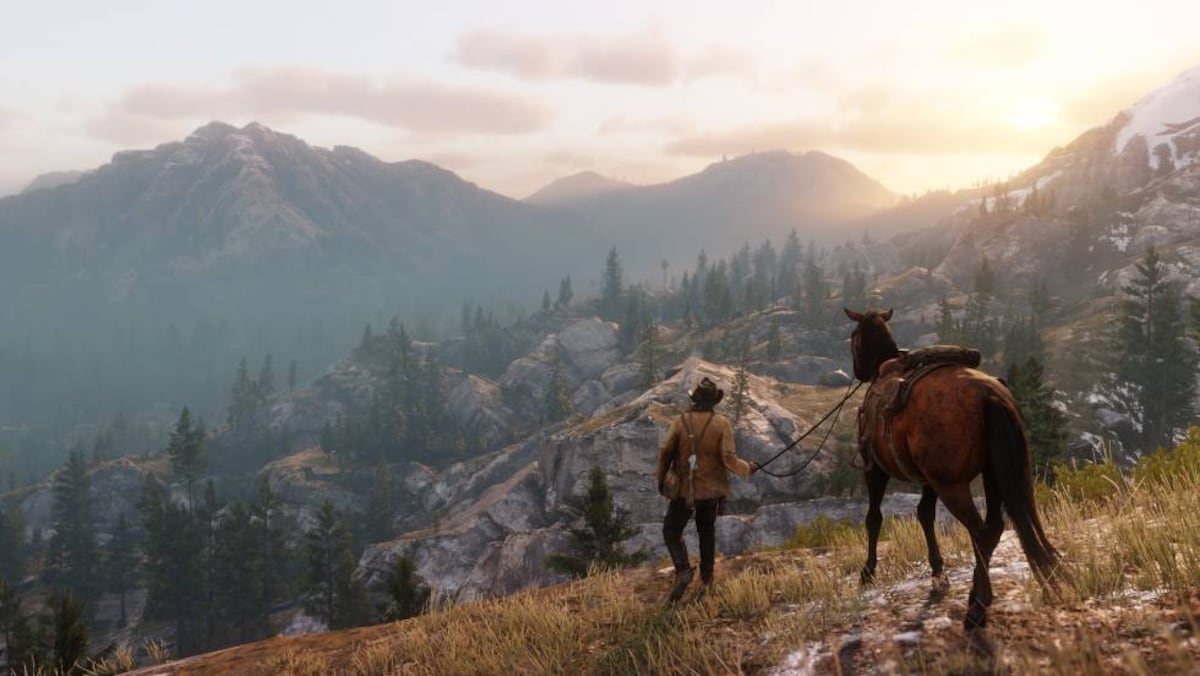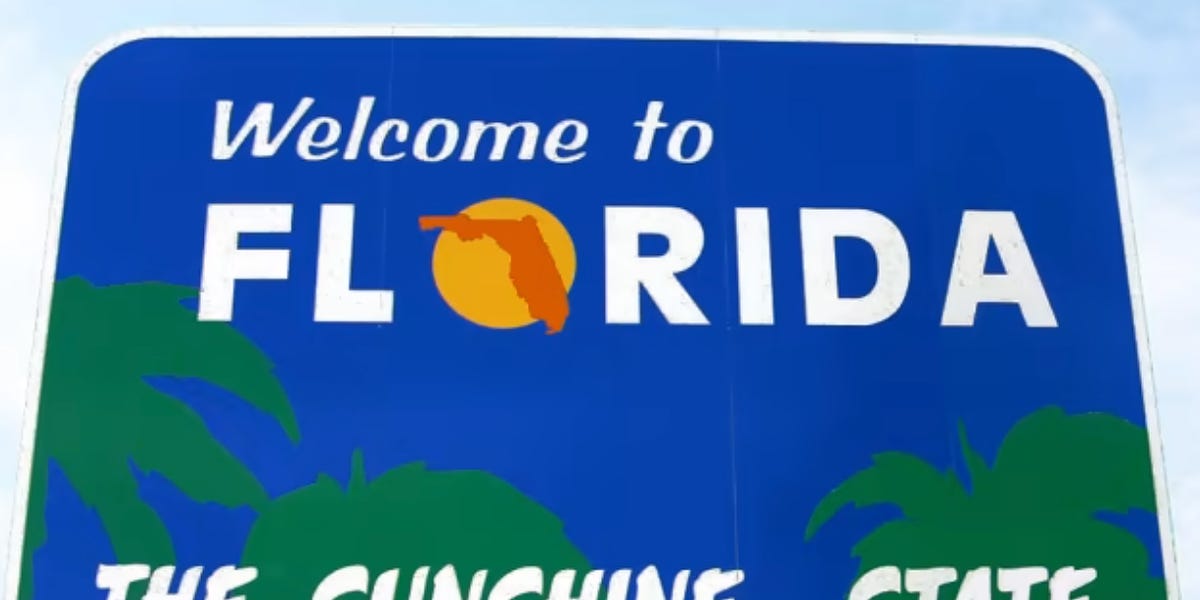GTG Links 44 – Slow gaming, digital distro numbers, insurance indicators + improved corn yields from shutting down coal

It's Friday, which means it's time for more cool games + climate news and stories, great new research on living well within planetary boundaries, and the heaps more.
Sea Shepherd founder briefly becomes the final boss in Dave the Diver

Eco-Factorio
James Coote of Crystalline Green wrote about his attempt to play Factorio in an eco-friendly way – if you’re willing to wait, and sacrifice some speed & efficiency, you can get a lot done with minimal impact:
Turns out research priorities, like in the real world, are really important. As soon as I was able to deploy solar panels, my overall pollution score dropped dramatically. Just like in real life, those solar panels stopped producing during the night, and pollution would spike as my old backup coal-fired steam generators would kick in again till the morning.
However, I realised I didn’t need power during the night. Unlike the real world, the consequences of a blackout were not at all bad.
Side Quest: Factorio Eco-run
Slow Gaming
From last year – this term was all new to me. It was brought up in the discussion after my talk last week.

Those details on the PS5 Pro
I mentioned this in last week's post about the hardware upgrade cycle, but it's worth repeating.
“Sources familiar with Sony’s plans tell The Verge that Sony is asking developers to create a new PS5 Pro-exclusive graphics mode in games that combines Sony’s new PlayStation Spectral Super Resolution (PSSR) upscaling to 4K resolution with a 60fps frame rate and ray-tracing effects.
...
Developers could also choose to enable ray-tracing effects and get the PS5 Pro Enhanced label without improving resolution or frame rates. If a developer wants to target 60fps instead of 30fps with the same resolution, this may also qualify as a PS5 Pro Enhanced game.”
Maybe I'm just out of touch with the gaming mainstream, but I will be keeping a close eye on how the PS5Pro sells when it arrives. If you spot any commentary or analysis on consumer demand for this in the next months-to-years, please let me know.
/cdn.vox-cdn.com/uploads/chorus_asset/file/23986615/acastro_STK097_01.jpg)
Hours watched on Twitch goes gangbusters
Someone should try and put a figure on Twitch streaming emissions. Free research paper idea if you want it!

Physical game sales numbers
via Simon Carless, comes the news that “in the UK, sales of physical boxed games have dropped 45% since 2019.” Plus, some reporting on the source of those numbers:

As good as it is to sell less plastic there's one problem, which I called out way back in Digital Games After Climate Change, which is the increasing power this hands over to hardware platforms if they are locked to one digital storefront. Pricing, long-term access to digitally bought games, etc. all need to be looked at very, very closely. The lawsuit by Epic over Apple's monopoly on the App Store is one way this could shake out – but in the meantime, are devs and consumers getting screwed a bit? $125 for a new digital PS5 game in Australia vs $79 at retail sure holds me back from buying more new-release games.
Insurance is the canary in the climate coal mine
A couple of pieces this week on the increasing risk-aversion of insurers, and the challenge in purchasing insurance in disaster-prone areas. When private insurers won't cover anymore, the state increasingly has to step in or risk abandoning huge areas. Politico reports on California's struggles with fire risk:

And in Florida, real estate is facing such a magnitude of insurance crisis that it could produce the next sub-prime-mortage level systemic crisis. Only this time it's going to be kicked off by worsening storms:

New York sues JBS meat producer for greenwashing its “nonviable” net zero plan
Climate risk is coming for companies that aren't taking it seriously.
JBS the world's largest beef producer, was sued on Wednesday by New York state's attorney general, which accused it of misleading the public about its impact on the environment in order to boost sales. Attorney General Letitia James said JBS USA Food Co, the Brazilian company's American-based unit, has "no viable plan" to reach net zero greenhouse gas emissions by 2040, making its stated commitment to achieving that goal false and misleading.
After the jump: Australia's grid is increasingly powered by big batteries; local councils are already overwhelmingly feeling climate impacts; closing coal power stations having effects on corn and soy yields (!); and that amazing new bit of research on living within safe planetary boundaries.




